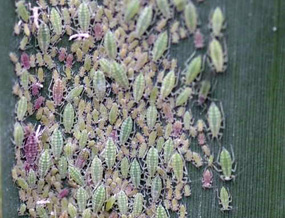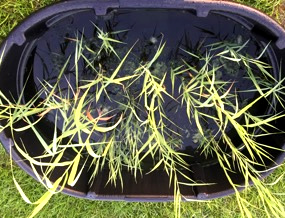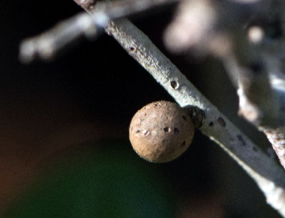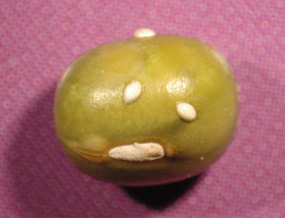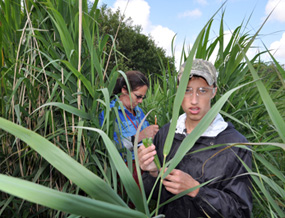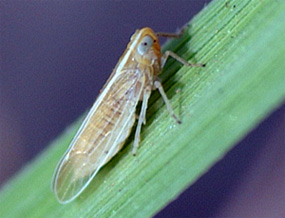Meyerson, L. A., J. T. Cronin, M. Lučanová, C. Lambertini, J. G. Packer, J. Čuda, J. Wild, J. Pergl and P. Pyšek. 2024. Some like it hot: small genomes are more prevalent under climate extremes. Invasion Biology. 26: 1425-1436.
ABSTRACT
Changing climates can influence species range shifts and biological invasions, but the mechanisms are not fully known. Using the model species Phragmites australis (Cav.) Trin. ex Steud. (Poaceae), we conducted a global analysis of climate and plant native and introduced cytotypes to determine whether this relationship influences population distributions, hypothesizing that smaller genomes are more common in regions of greater environmental stress. First, we identified Phragmites australis field-collected native and introduced genome size variants using flow cytometry. We then evaluated whether temperature and precipitation were associated with P. australis monoploid genome size (Cx-value) distributions using Cx-value and Worldclim data. After accounting for potential spatial autocorrelation among source populations, we found climate significantly influenced Cx-value prevalence on continents. The relationships of Cx-value to temperature and precipitation varied according to whether plants were native or introduced in North America and Europe, and Cx-values were strongly influenced by dry season. Smaller plant monoploid genome size was associated with more stressful abiotic conditions; under extreme high temperatures and under drought, plants had smaller Cx-values. This may influence genome dominance, biological invasions, and range expansions and contractions as climate change selects for genome sizes that maximize fitness.
